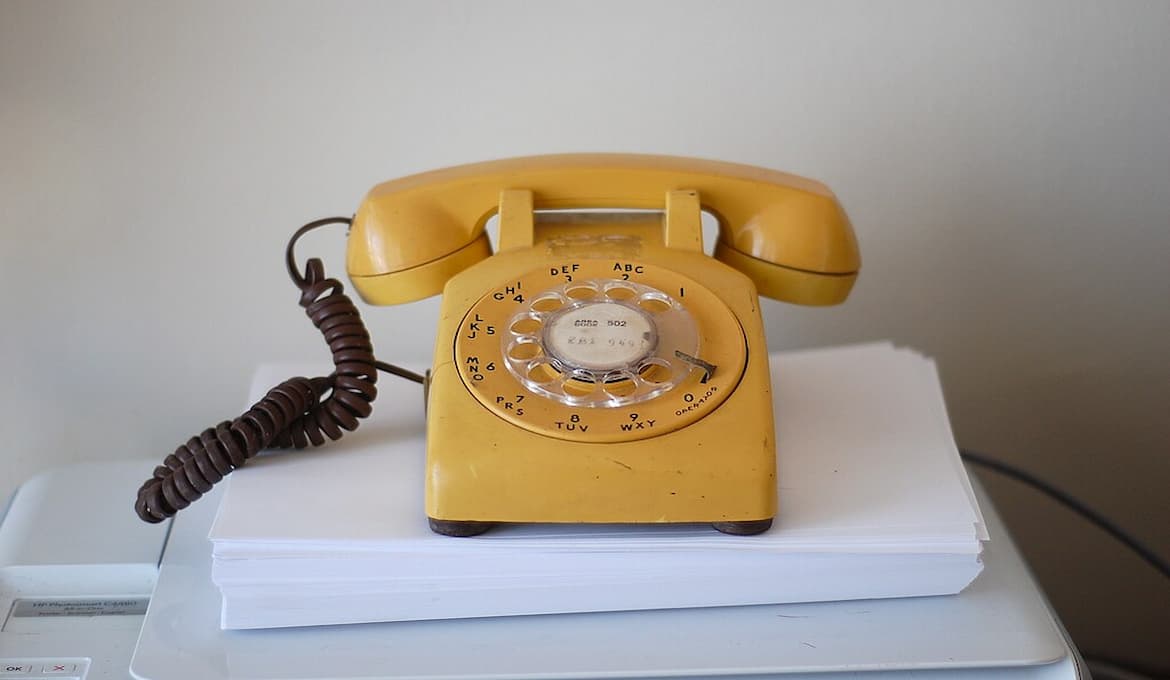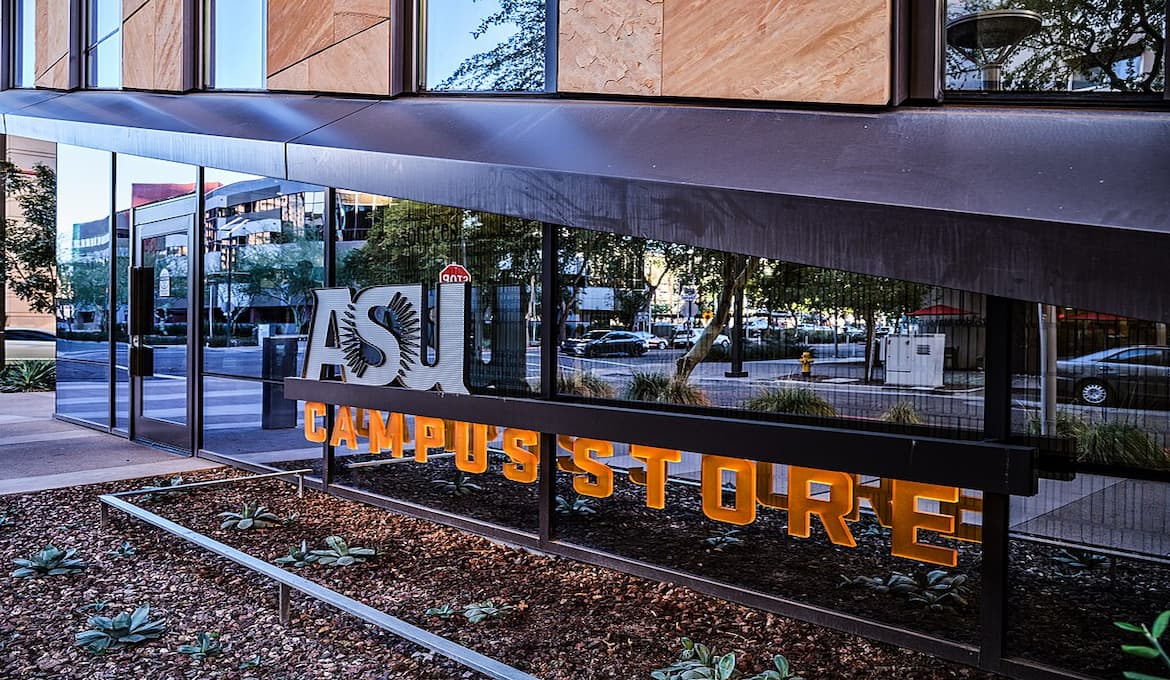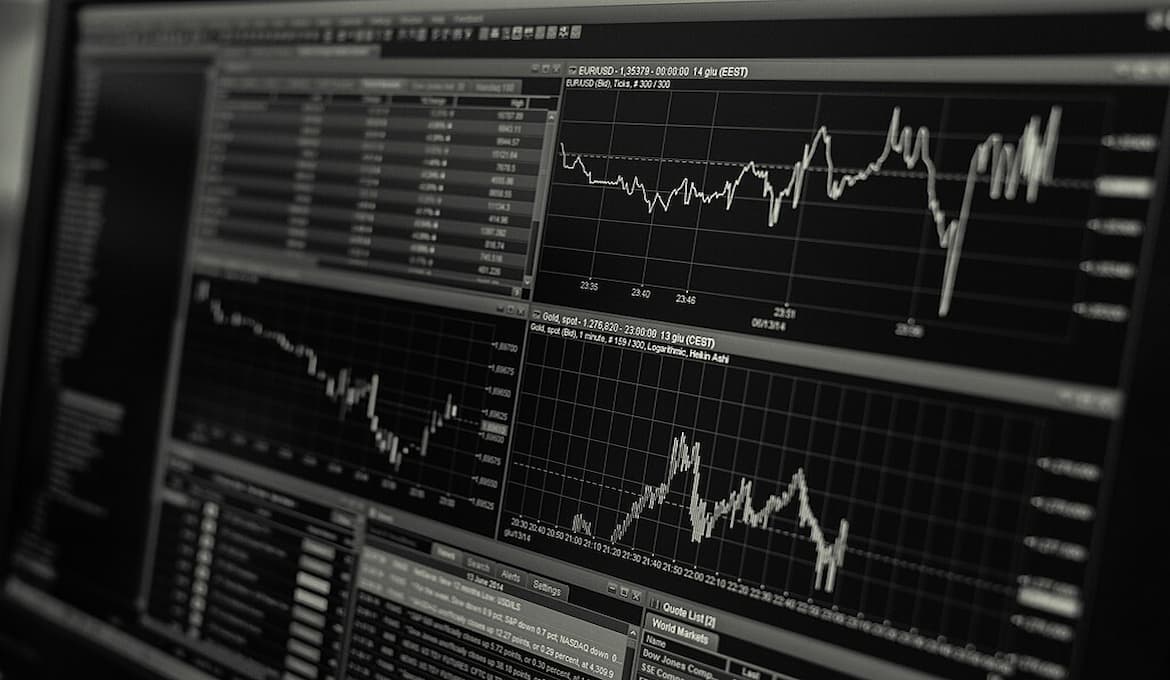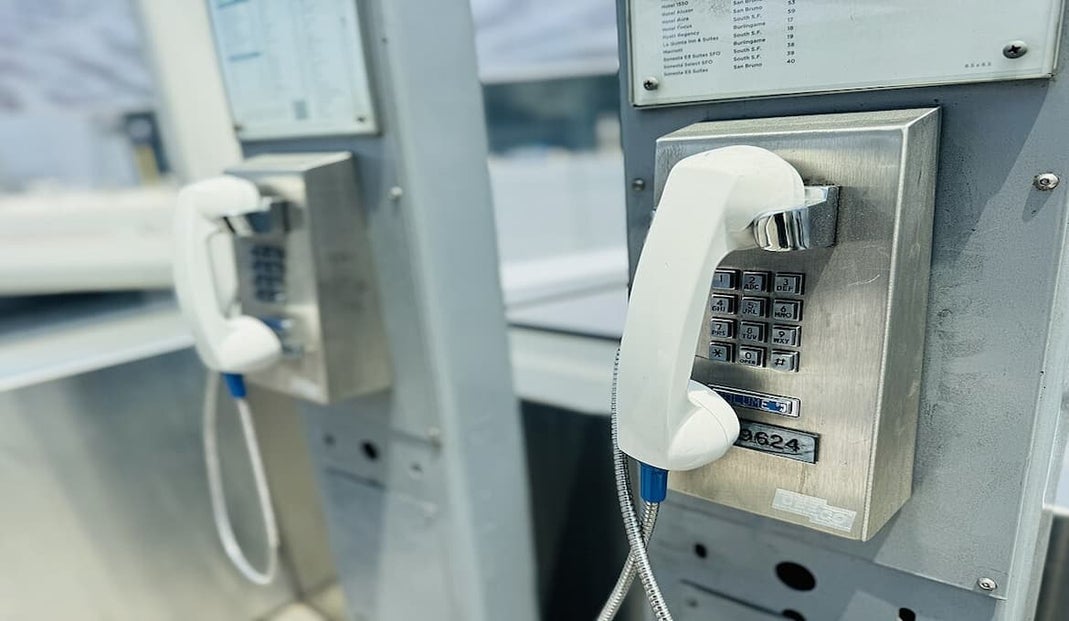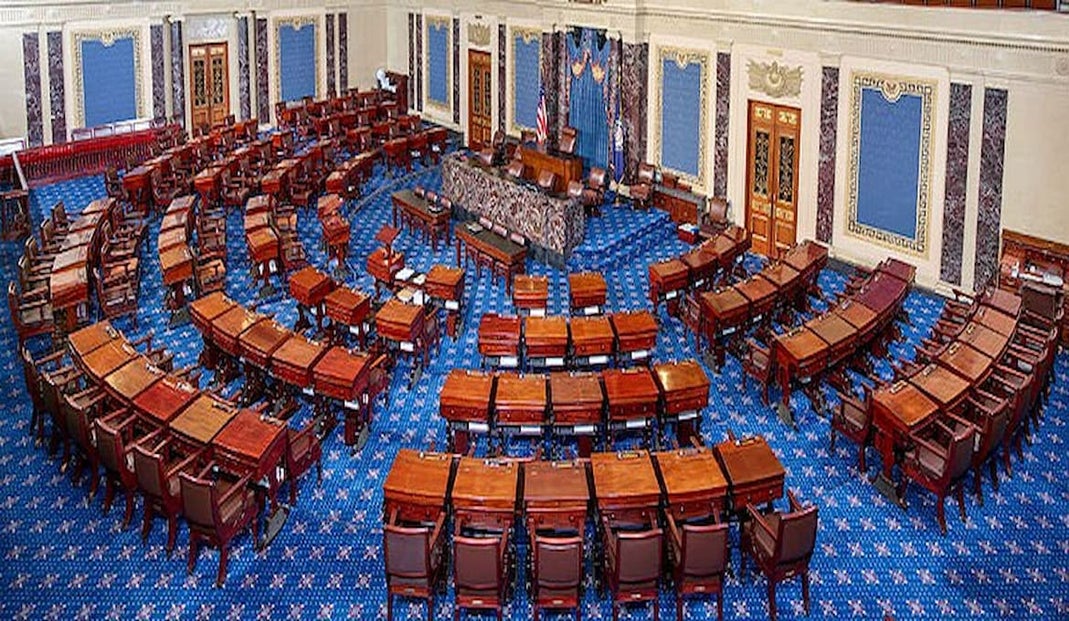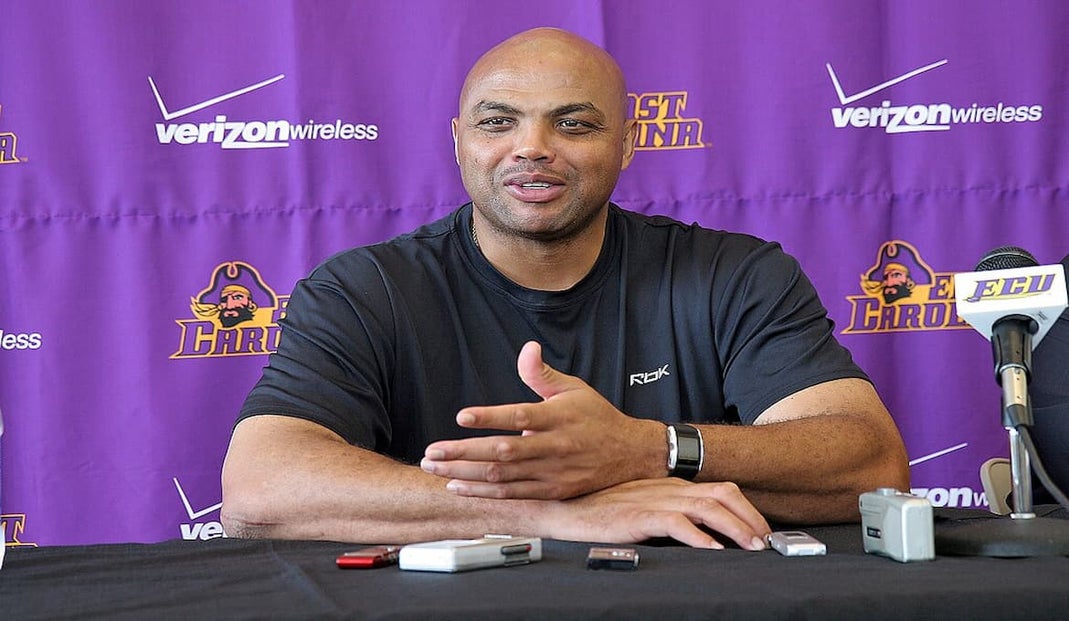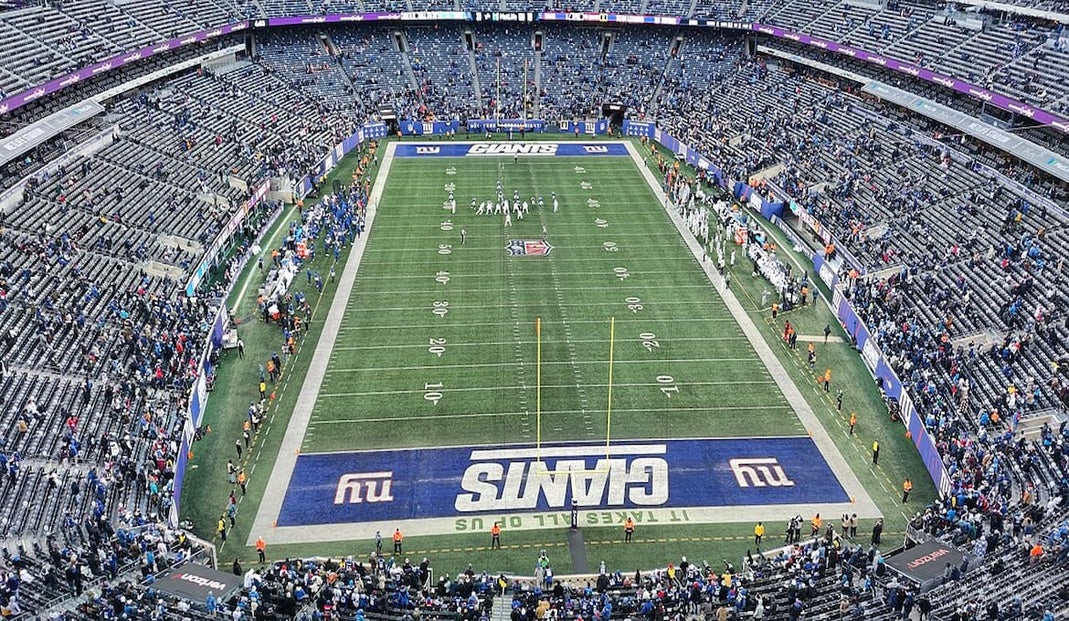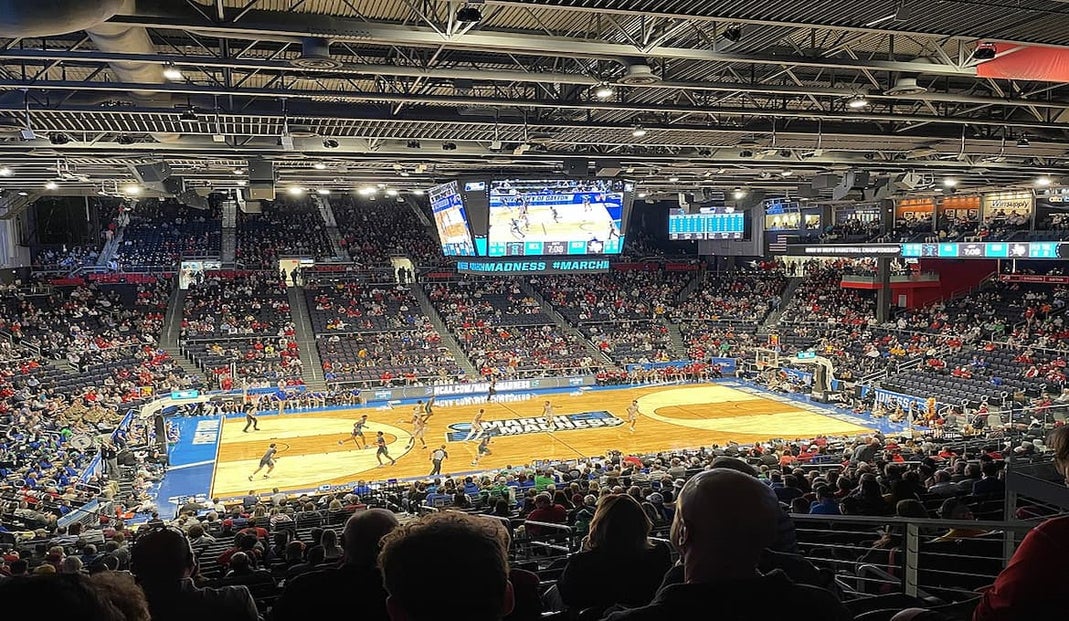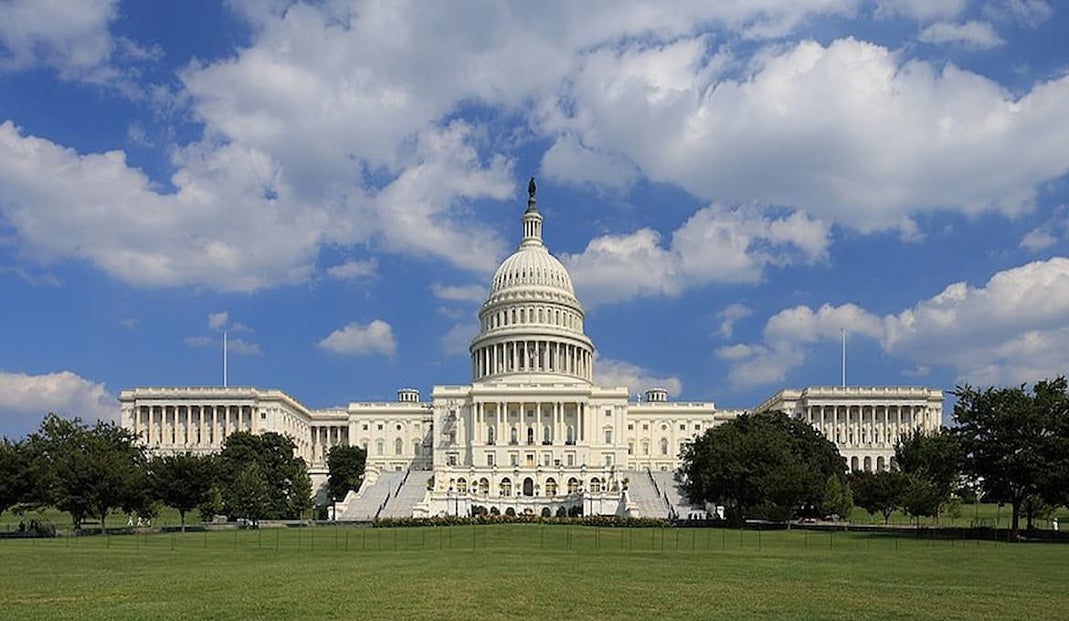How Dangerous is Sweepstakes Betting?
One of the biggest questions being debated about online sweepstakes casinos is how dangerous they can be when it comes to problem gambling.
According to the Social Gaming Leadership Alliance, which lobbies on behalf of the industry, the danger is minimal. They argue that lawmakers misunderstand the sweepstakes industry, leading to bans being passed. With millions choosing to use free-to-play sweepstakes platforms, the group believes the industry gives customers a far safer betting experience.
For opponents of the industry, sweepstakes operators are a hidden danger. They see these platforms as advertising themselves as “free-to-play”, but encourage users to buy more coins by tempting them with hard-to-win prizes. This leads many people to overspend and walk away empty-handed, similar to those struggling with real-money platforms.
With more bans being passed, we will likely start to see which side is right when it comes to the ties between gambling addiction and sweepstakes platforms.
Where Will Sweepstakes Bettors Go?
The most important thing to watch as bans on sweepstakes casino games spread is what their customers will do. Opponents hope that removing these platforms will lead to customers dropping the hobby, helping to save some who are in the early stages of a gambling addiction.
However, many of the markets that have passed these bans still allow some form of legal mobile gambling. This could result in some loyal sweepstakes players trying their luck with real-money platforms to scratch the gambling itch. Those platforms carry a far higher risk of problem gambling and serious financial danger, which could lead to devastating consequences.
Once these state bans take effect, we should see a clearer picture of the impact they have on problem gambling.
New Jersey May Provide Hope
While many US markets are opting to oppose the sweepstakes industry, New Jersey is considering legalization. Lawmakers are currently considering a bill that would establish regulations for the industry and provide operators with a safe and stable market to operate in.
It would also allow for the state to tax the industry, increasing revenue without having to raise rates on its real money.
The bill is still in the early stages of review, but could serve as an example for other states to follow.










